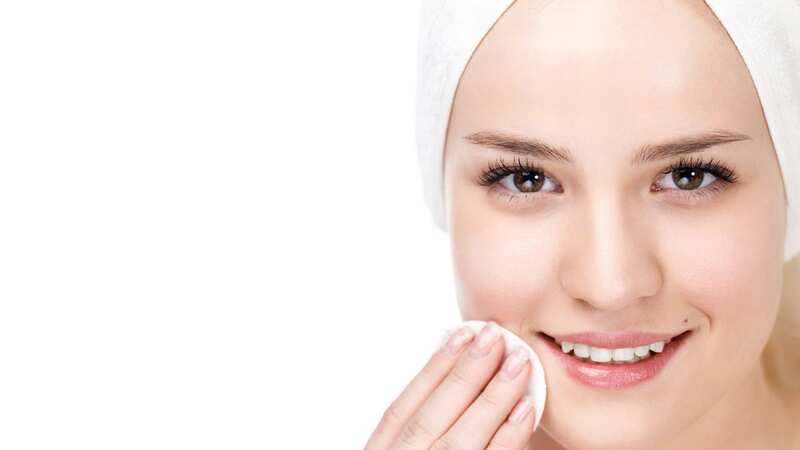Dermatologists warn of dangerous skincare trends after alarming videos emerge

A team of dermatologists has warned of the dangers of popular skincare trends which have emerged on social media.
The American Academy of Dermatology (AAD) has marked National Healthy Skin Month this November by flagging the hazards associated with fads seen recently on Instagram, Facebook, TikTok and other platforms.
The dermatologists say that doing cosmetic procedures at home is one of the most worrying trends. They warn against people microneedling, injecting fillers, and using lasers to remove unwanted hair at home.
"This is something I find really concerning," said Sara Moghaddam, a board-certified dermatologist said. "For example, at-home microneedling, also known as dermarolling, is dangerous because of the risk of infections and wrong techniques."
Board-certified dermatologist Oyetewa Oyerinde, assistant professor of dermatology and director of the Skin of Colour Clinic at Baylor College of Medicine in Houston, Texas, warns that just because you see someone do a cosmetic procedure on their social media doesn't mean that it's safe.
 Kate Middleton swears by £19.99 rosehip oil that helps 'reduce wrinkles & scars'
Kate Middleton swears by £19.99 rosehip oil that helps 'reduce wrinkles & scars'
"My patients will see people who document their entire experience performing a cosmetic procedure on TikTok or on Instagram," she said. "I tell patients, even if their immediate effect looks good to you - and they may be using filters and other things to make it look good - you have no idea if they ended up in the emergency room afterward because of a bad reaction."
Dr Lindsey Zubritsky, a board-certified dermatologist, has raised concerns about another worrying trend: nasal tanning spray. While self-tanner that you apply to your skin is a safe way to look tanned, nasal tanning spray is not. For nasal tanning spray to work, you need to first inhale the spray and then spend time in the sun without protecting your skin from the sun. The sun exposure increases your risk of developing skin cancer and signs of premature skin aging like wrinkles and age spots.
"Nasal tanning spray contains either afamelanotide or bremelanotide (melanotan I or II)," said Dr Zubritsky. She warned that Melanotan isn't approved or regulated by the U.S. Food and Drug Administration (FDA), and it's illegal to sell it in many countries including the UK and the United States.
Hot peppers have also made the rounds on social media as a pantry-ready way to achieve a fuller lip look, according to Dr Oyerinde. "I've seen people use peppers, like Scotch bonnet or habanero, to get their lips to look bigger temporarily," she said. "That is potentially very dangerous, because it can cause allergic contact dermatitis, a form of eczema, or other rashes that can leave dark spots around the mouth or on the lips that are hard to get rid of."
If you want fuller lips, a board-certified dermatologist can inject FDA-approved dermal fillers safely, Dr Oyerinde said. The practice of taking supplements without first consulting a physician has also proven problematic, according to board-certified dermatologist Rajani Katta, MD, FAAD, a clinical assistant professor at Baylor College of Medicine.
"Ingredients in supplements advertised for skin, hair, and nails have been linked to birth defects, an increase in cancer risk, and even side effects such as acne and hair loss," she noted.
To use or not to use sunscreen is another topic that's been trending on social media. "I've seen a huge rise in anti-sunscreen sentiment on social media, which is quite concerning," said Dr Zubritsky. "A significant number of people are posting about the harmful effects of sunscreen and claiming that most sunscreens lead to cancer or contain cancer-causing ingredients."
These claims aren't backed by science. The FDA's current recommendations are based on current scientific evidence, and the science doesn't show that any sunscreen ingredients currently available in the U.S. are harmful to human health.
* An AI tool was used to add an extra layer to the editing process for this story. You can report any errors to webhomepage@mirror.co.uk
Read more similar news:
Comments:
comments powered by Disqus

































